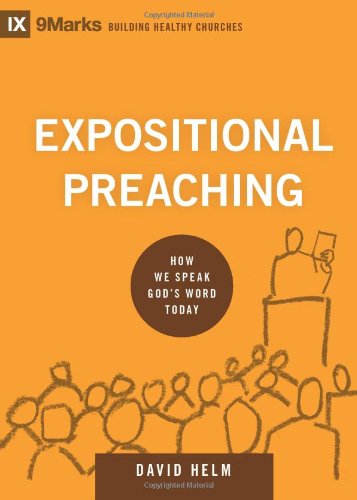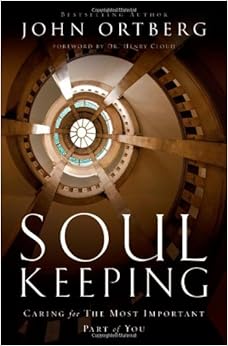Books I Reviewed in 2014
- Henry Cloud, Never Go Back: 10 Things You'll Never Do Again
- Sharmila Ferris and Hilary Wilder, The Plugged-In Professor: Tips and Techniques for Teaching with Social Media
- Randy Harris, Life Work: Confessions of an Everyday Disciple
- Marybeth Hicks, Teachable Moments: Using Everyday Encounters with Media and Culture to Instill Conscience, Character, and Faith
- Bob Hostetler, Life Stinks...And Then You Die: Living Well in a Sick World
- Mike Neary, Howard Stevenson and Les Bell, Towards Teaching in Public: Reshaping the Modern University
- John Ortberg, Soul Keeping: Caring for the Most Important Part of You
- Robert Pazmino, A Boy Grows Up in Brooklyn: An Educational and Spiritual Memoir
- Glenn Pemberton, After Lament: Psalms for Learning to Trust Again
- Carl Prude, Anchored in Light: Understanding and Overcoming the Five Deadliest Threats to Your Faith
- George Bullard, Every Congregation Needs a Little Conflict
- Dave Hansen, The Art of Pastoring: Ministry Without All the Answers (revised edition)
- Timothy Keller, Walking with God through Pain and Suffering
- Thomas G. Long, What Shall We Say? Evil, Suffering, and the Crisis of Faith
- Daniel Overdorf, One Year to Better Preaching
- Andy Stanley and Bill Willits, Creating Community: 5 Keys to Building a Small Group Culture
- Dave Bland and David Fleer, Performing the Psalms
- David Brooks, The Social Animal: The Hidden Sources of Love, Character, and Achievement
- Roger Fisher and Daniel Shapiro, Beyond Reason: Using Emotions as You Negotiate
- Glenn Pemberton, Hurting with God: Learning to Lament with the Psalms
- Fleming Rutledge, And God Spoke to Abraham: Preaching from the Old Testament
- Mark DeVine and Darrin Patrick, Replant: How a Dying Church Can Grow Again
- David Helm, Expositional Preaching: How We Speak God's Word Today
- Timothy Keller, Every Good Endeavor: Connecting Your Work to God's Work
- Erwin McManus, The Artisan Soul: Crafting Your Life into a Work of Art
- Thom S. Rainer, Autopsy of a Deceased Church: 12 Ways to Keep Yours Alive
- Philip Yancey, Prayer: Does It Make Any Difference?
- Ray Bradbury, Fahrenheit 451
- Gillian Flynn, Gone Girl
- Gayle Forman, If I Stay
- John Green, An Abundance of Katherines
- John Green, Paper Towns
- Lois Lowry, The Giver
- Yann Martel, The Life of Pi
- Cormac McCarthy, The Orchard Keeper
- Cormac McCarthy, The Road
- Arthur Miller, Death of a Salesman
- Frank Miller, The Dark Knight Returns
- George Orwell, Animal Farm
- Ayn Rand, We the Living
- Rick Riordan, Percy Jackson and the Olympians 1: The Lightning Thief
- Rick Riordan, Percy Jackson and the Olympians 2: The Sea of Monsters
- Rick Riordan, Percy Jackson and the Olympians 3: The Titan's Curse
- Rick Riordan, Percy Jackson and the Olympians 4: Battle of the Labyrinth
- Rick Riordan, Percy Jackson and the Olympians 5: The Last Olympian
- Thornton Wilder, Our Town
- Sun Zhu, The Art of War


